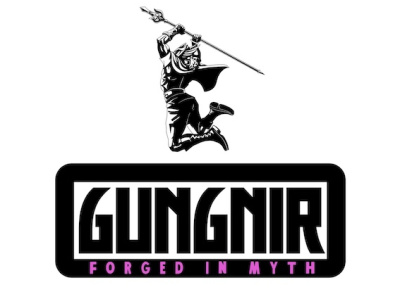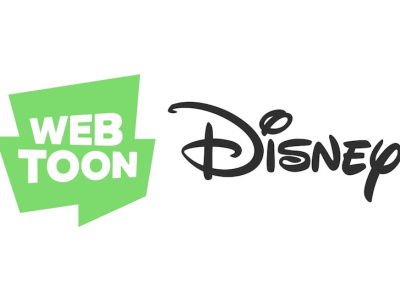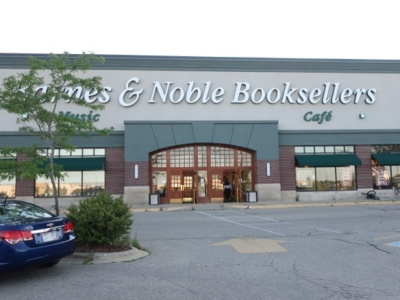
In this month’s interview DC Comics execs Bob Wayne and John Cunningham discuss whether or not, in view of a recent spate of cancellations, "52" is right number of titles to attempt to maintain, the current eclipse of war comics, DC’s attempts to help retailers take advantage of the Man of Steel movie with pre-selected graphic novel titles and a consignment program, as well as touching on the current controversy over the relative lack of minorities in the ranks of the writers who are creating superhero comics for the mainstream market.
What are your initial impressions of the January numbers in the direct market?
Wayne: Well our marketshare increased in January versus December, so we are pretty happy about that, especially considering the number of debut issues we were up against.
Over the past two months you have cut eight titles. Does this mean that 52 titles is too many to keep some from dipping below the Mendoza line and getting canceled?
Wayne: The titles that we cut, we have replaced with other titles so we are attempting to maintain that particular numeric balance, and I think that it will be up to the readers to decide if we can put together a mix of 52 titles that they will be tempted to buy so many of them that we won’t slip below whatever line of demarcation that we would like to put on the table. It is our intent to have as many strong selling titles as possible that are creatively and commercially successful.
Given the weakness in some genres and with the second tier superheroes, will this push you to add more "Bat" titles?
Wayne: Well, I don’t think that any of us believe that if we had 52 Batman-related titles per month that it would be a healthier publishing program than having a mix of Batman, Superman, Green Lantern, Justice League members, and assorted darker concepts like Swamp Thing and Animal Man. So we just try mixing the balance some and trying other genres that we haven’t used before in recent years. It’s a constant reinvention, but the marketplace will ultimately decide how many titles it is willing to support from us and from other publishers.
Speaking of genres, as an industry vet what would you say about the current public’s acceptance of war comics and westerns, are those genres in eclipse now?
Wayne: Of the two that you mentioned, I think that with military or war comics we have tried some over the past year and a half with the "New 52" and they haven’t hit the commercial marks that we were hoping they would. I think that war comics, and especially war comics that are nostalgic for DC’s earlier war comics, are a tough sell right now. When those comics were originally successful World War II was not that many years behind us, and we are now a number of years beyond World War II, and that still is the dominant trope that people want to see, and I think that it’s no longer as vital a concept to our readership as it would have been in the 1950s and 1960s.
Cunningham: One of the defining differences between that time and now is that the base readership is a lot better educated and choosier about what they want. I don’t think that when we are having editorial discussions here it revolves around, ‘Hey we don’t have a book in this or that genre,’ as much as it is, ‘Is this a good book that people will want to read?’ I think the genre issues tend to sort themselves out, but having been in book publishing operations that tried to build their lists around having a certain number of titles in certain genres, I can tell you that strategy does not work.
Of all the major superheroes who have had enormous success on the big screen, only Batman has shown the ability to really drive graphic novel sales. What have you got planned to help retailers sell Superman comics in conjunction with this summer’s highly anticipated Man of Steel movie?
Cunningham: We had a fold-out in the April Previews that shows what our focus titles are, and I feel that we have a pretty good system set up that we can use. Before every potential blockbuster, we comb through the backlist titles and try to see what bestselling books we have that might fit the tonality of the movie itself or fit to the moment that we have. So we have a number of books that we will be featuring for Man of Steel including All-Star Superman, Action Comics Vol. 1 from Grant Morrison’s "New 52" series, both volumes of Superman: Earth One, Superman for Tomorrow by Brian Azzarello and Jim Lee, Superman: Last Son of Krypton from Geoff Johns, Richard Donner and Andy Kubert, and then Superman vs. Zod, which is a compendium that looks at the classic battles between these two characters, which is relevant because Zod is the villain in the new movie. We are really trying hard to focus on these titles and we are trying to maximize our sales on them rather than spread the sales across the vast number of Superman backlist titles that we have.
Wayne: At the same time we will be offering a special consignment offer to the retailers who buy from us in the comic shop market to make sure that they have as little risk as possible, but as deep a stock of Superman titles as they want going into the movie window.
Axel Alonso was quoted a few days ago as saying that Marvel was adding Latino superheroes not for PC reasons, but because the books are selling and Marvel is just responding to commercial demands of the marketplace. So do you think from a sales and marketing point of view that it is important to have creators, especially writers since they are coming up with these stories, who reflect different and diverse cultural points of view?
Cunningham: Yes of course from a marketing point of view we want to serve up comics to all segments of our audience, and we are always very encouraging of projects to expand our reach, but again just creating projects for the sake of serving an audience without focusing on the story and the characters is not going to get us very far.
DC’s Milestone initiative was certainly the most concerted effort that I can remember to bring more minority points of view and influence to the world of superhero comics. Do you have anything like that planned--is the time right for another program like that?
Cunningham: I would just say that’s really an editorial and publishing call, and it’s not something that we have enough knowledge of to discuss coherently with you. But from a sales and marketing point of view we would love to find material to sell to every segment of our audience.







